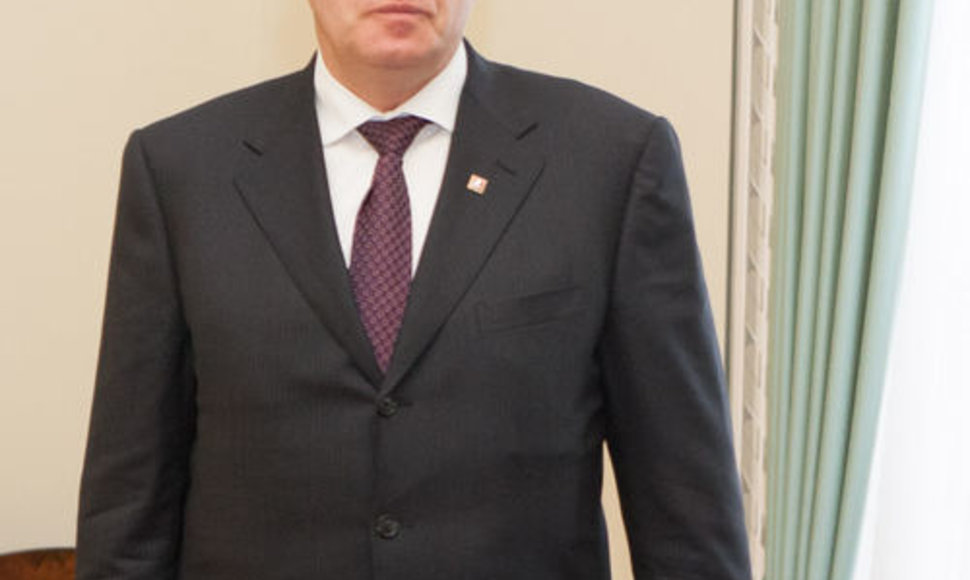“I can state very responsibly that we are in favor of nuclear energy. Democratic countries consider such strategic projects for a year and a half or two years. This project was put forward hastily and the main reason for that were the approaching general elections and the wish to show to the society that this government has done something,” Butkevicius, who is tipped to become Lithuania’s next prime minister, said at a news conference on Monday.
“We are against the implementation of this project in Lithuania for the meantime,” he said in response to the question whether it was possible that Hitachi, the current strategic investor in the new nuclear facility, would still build the plant.
The party consulted certain international companies concerning the Visaginas project, Butkevičius said. In particular, they were asked whether the project cost was realistic and what were the extra safety requirements established for Hitachi’s proposed ABWR reactors in the aftermath of Fukushima’s incident in March 2011.
“We got several negative answers, it is a separate issue and separate discussions may be held,” he said.
Nearly two-thirds, or 62.68 percent of Lithuania’s voters who cast their votes in non-binding referendum on 14 October said ‘no’ to the construction of a new nuclear facility. Latvia’s and Estonia’s representatives and many foreign observers later said that the results of the referendum dampened the outlook for the nuclear project. Hitachi, meanwhile, said that it would wait for the new government to state its stance on this issue.
The incumbent coalition government, comprised of the Conservatives and the Liberals, planned to build a new nuclear facility in Visaginas by around 2020. A draft of the facility’s concession agreement was approved in May and the agreement was planned to be signed by the end of this year.
Hitachi has proposed to build a 1,350 MW advanced boiling water reactor.












